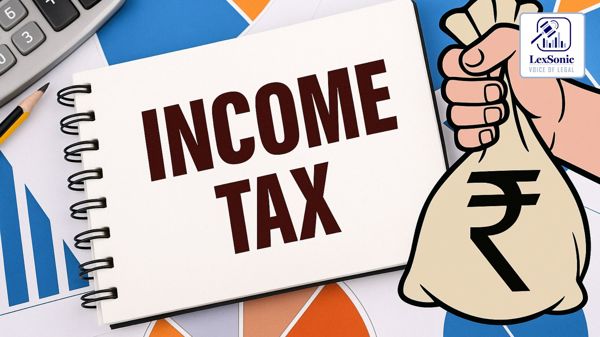Unpacking the Delhi High Court’s Tax Decision: Implications for Royalty Disputes and Deduction Claims.
12 March 2024
Income Tax >> Tax Laws
In a significant judgment of Commissioner Of Income tax-3 vs Darbur India Ltd. by the Delhi High Court, the Commissioner of Income Tax challenged the Income Tax Appellate Tribunal’s (ITAT) order dated April 12, 2017. The Court’s ruling, delivered on March 12, 2024 addressed several critical questions of law regarding royalty rates, share valuations, and deductions under the Income Tax Act, 1961. This article provides a detailed examination of the Court’s findings and the implications for future tax disputes.
Background:
The case involved a series of disputes between the Income Tax Commissioner and Dabur India Ltd. The key issues revolved around the rate of royalty payments, the valuation of shares, and claims for deductions under Sections 80-IB and 80-IC of the Income Tax Act. The ITAT had previously ruled in favor of Dabur India Ltd. on these matters, prompting the Commissioner to seek a review from the High Court.

Questions of Law Presented:
The Commissioner proposed six questions of law for the High Court’s consideration:
1. Royalty Payable by Dabur Nepal Pvt. Ltd.: Whether the ITAT was correct in finding that Dabur Nepal Pvt. Ltd. was not liable to pay royalty at the rate of 7.5% on the FOB sale value as determined by the TPO/AO.
2. Royalty Payable by Dabur International Ltd., UAE: Whether the ITAT was justified in reducing the royalty rate from 4% to 0.75% on the FOB sale value.
3. Deletion of Upward Adjustment: Whether the ITAT erred in deleting the Rs. 11.64 crore adjustment related to the sale of equity shares of M/s Dabur Nepal Pvt. Ltd.
4. Valuation of Shares of M/s Dabur Overseas Ltd.: Whether the ITAT’s decision to use a 19% projected growth rate instead of 25% or 89% was legally sound.
5. Deductions under Sections 80-IB and 80-IC: Whether the ITAT was correct in allowing deductions for sale of scrap, rental income, and other miscellaneous incomes under these sections.
6. Perversity and Material Error: Whether the ITAT’s order suffered from perversity or material error regarding the claim for deductions under Sections 80-IB and 80-IC.
Court’s Analysis and Findings:
The Court addressed the issue of royalty payments first, noting that the matter had become moot because the assessment was carried out under Section 115JB of the Income Tax Act, which concerns the minimum alternate tax. Since the total income assessed was significantly higher due to this provision, the specific questions about the rate of royalty did not affect the final tax liability. Consequently, the Court found no justification for reviewing these questions of law. Similarly, the Court found that the question concerning the reduced royalty rate from 4% to 0.75% was rendered irrelevant due to the application of Section 115JB. The Court determined that addressing this issue would not impact the overall tax liability, thus dismissing this aspect of the appeal. The Court upheld the ITAT’s decision to delete the Rs. 11.64 crore upward adjustment related to the valuation of equity shares. The ITAT had correctly identified flaws in the TPO’s approach, which included unrealistic future growth projections. The Court agreed with the ITAT’s conclusion that the adjustments made by the TPO were not reasonable. Regarding the valuation of shares, the ITAT had decided to use a 19% growth rate instead of the higher rates proposed by the TPO and CIT(A). The High Court found that the ITAT’s decision was based on a sound factual analysis, including a detailed examination of the growth rates and valuation methodologies. The Court upheld the ITAT’s choice of the 19% growth rate as reasonable and justified. The Court reviewed the ITAT’s decision to allow deductions for sale of scrap, rental income, and other miscellaneous incomes under Sections 80-IB and 80-IC. Citing the case of CIT v. Sadhu Forging Ltd., the Court affirmed that these incomes were closely related to the manufacturing process and thus eligible for deductions. The Court emphasized that the nature of the income, rather than the specific source, was key to determining eligibility for tax benefits. Lastly, the Court examined whether the ITAT’s decision suffered from perversity or a material error concerning the deductions under Sections 80-IB and 80-IC. The Court found no such errors, affirming that the ITAT had applied the correct legal principles and factual analysis in making its decisions.
Conclusion:
The Delhi High Court’s judgment in this case underscores several important aspects of tax law, particularly in the context of royalty payments, share valuations, and deductions. By upholding the ITAT’s decisions, the Court reinforced the principle that tax disputes should be resolved based on sound legal reasoning and factual accuracy.
